One Health/One Planet: A Special Magazine Issue on Climate Change, Diseases, and Research that Could Save Us
This new magazine issue explores the work of innovative scientists who are taking single-aim at two overlapping problems: a warming planet and disease outbreaks.
In the spirit of rising to difficult challenges and erasing pointless divisions, we present One Health/One Planet, a single-issue magazine that explores how climate change and other environmental shifts are increasing vulnerabilities to infectious diseases by land and by sea. The magazine probes how scientists are making progress with leaders in other fields toward solutions that embrace diverse perspectives and the interconnectedness of all lifeforms and our precious blue dot.
This special issue is a collaboration among the science outlet Leaps.org, the impact and engagement company GOOD, the Aspen Institute Science & Society Program, and the Science Philanthropy Alliance.
The articles explore potential breakthroughs that are taking single-aim at the overlapping dilemmas of a warming planet and more frequent global pandemics. These predicaments, while certainly not new, have begun to seem more tangible and ominous in the midst of COVID-19, a tragedy that could very well repeat itself on an even more disastrous scale as deforestation and changing temperatures force new interactions among species, increasing the risk of disease transmission—including viral jumps to humans.
Going forward, we must do more to support scientific efforts that address a number of complex and interrelated areas, around which this magazine issue is organized: PARTNERSHIPS, NEW FRAMEWORKS, MICROBES, SPILLOVERS, ANIMAL & PLANT HEALTH, HUMAN HEALTH, INSECTS, SURVEILLANCE, CHANGING HABITATS and MODELING.
When historians of the 22nd century judge how we protected our own health, the health of our planetary cohabitants and the planet itself, the criteria will take account of, but extend far beyond the work and achievements of modern science. Their benchmarks will include how we met the need to engage diverse audiences—such as our farmers, historically underrepresented and underserved communities, conservationists, frontline medical workers, artists, politicians and communicators. We need their contributions in order to pursue the questions that are the most relevant, incisive and holistic. Only then can we be sure that we are allocating scarce resources toward the best possible answers. Nothing less will work against such steep challenges. Only with the broadest, most collaborative and transdisciplinary engagement can we truly hope to embrace the One Health/One Planet paradigm needed for our future salvation and prosperity.
This collection is available as a free, beautifully designed digital magazine for both desktop and mobile.
TABLE OF CONTENTS:
- PARTNERSHIPS IN ONE HEALTH/ONE PLANET: Conversation between Rajiv J. Shah and Louis J. Muglia
- FRAMEWORKS & APPROACHES: A Complex Problem Calls for New Strategies Plus the Wisdom of Our Ancestors
- MICROBES:
With Infections, We've Been Playing 'Pin the Blame on the Microbe.' Is It Time to Change the Game? - SPILLOVER:
Climate Change and the New Pandemic Age - EXCLUSIVE INTERVIEW WITH RAINA PLOWRIGHT, DISEASE ECOLOGIST AT CORNELL:
To What's Better than a Swift Response to Pandemics? Preventing Them in the First Place - ANIMALS, PLANTS & CROPS:
Which Ones Will Survive in a Changing Climate? - HUMAN HEALTH:
Staying Well in the 21st Century is Like Playing Chess - THE INSECT APOCALYPSE:
It Will Devastate Humans, but Science Can Keep Them Buzzing - SURVEILLANCE:
What Tools and Technologies are Needed to Monitor Zoonotic Spillovers and Optimize Disease Management - CHANGING HABITATS:
For Solutions to Climate Change and Infectious Disease, Researchers Go Back to the First Domino - MODELING:
Scientists Recommend a Multi-Disciplinary Approach to Predicting Outbreaks
Announcing "The Future of Science in America: The Election Issue"
This special magazine explores what's at stake for science & policy over the next four years.
As reviewed in The Washington Post, "Tomorrow's challenges in science and politics: Magazine offers in-depth takes on these U.S. issues":
"Is it time for a new way to help make adults more science-literate? What should the next president know about science? Could science help strengthen American democracy? "The Future of Science in America: The Election Issue" has answers. The free, online magazine is packed with interesting takes on how science can serve the common good. And just in time. This year has challenged leaders, researchers and the public with thorny scientific questions, from the coronavirus pandemic to widespread misinformation on scientific issues. The magazine is a collaboration of the Aspen Institute, a think tank that brings together a variety of public figures and private individuals to tackle thorny social issues, the digital science magazine Leapsmag and GOOD, a social impact company. It's packed with 15 in-depth articles about science with a view toward our campaign year."
The Future of Science in America: The Election Issueoffers wide-ranging perspectives on challenges and opportunities for science as we elect our next national and local leaders. The fast-striking COVID-19 pandemic and the more slowly moving pandemic of climate change have brought into sharp focus how reliant we will be on science and public policy to work together to rescue us from crisis. Doing so will require cooperation between both political parties, as well as significant public trust in science as a beacon to light the path forward.
In spite of its unfortunate emergence as a flash point between two warring parties, we believe that science is the driving force for universal progress. No endeavor is more noble than the quest to rigorously understand our world and apply that knowledge to further human flourishing. This magazine aspires to promote roadmaps for science as a tool for health, a vehicle for progress, and a unifier of our nation.
This special issue is a collaboration among LeapsMag, the Aspen Institute Science & Society Program, and GOOD, with support from the Gordon and Betty Moore Foundation and the Rita Allen Foundation.
It is available as a free, beautifully designed digital magazine for both desktop and mobile.
TABLE OF CONTENTS:
- SCIENTISTS:
Award-Winning Scientists Offer Advice to the Next President of the United States - PUBLIC OPINION:
National Survey Reveals Americans' Most Important Scientific Priorities - GOVERNMENT:
The Nation's Science and Health Agencies Face a Credibility Crisis: Can Their Reputations Be Restored? - TELEVISION:
To Make Science Engaging, We Need a Sesame Street for Adults - IMMIGRATION:
Immigrant Scientists—and America's Edge—Face a Moment of Truth This Election - RACIAL JUSTICE:
Democratize the White Coat by Honoring Black, Indigenous, and People of Color in Science - EDUCATION:
I'm a Black, Genderqueer Medical Student: Here's My Hard-Won Wisdom for Students and Educational Institutions - TECHNOLOGY:
"Deep Fake" Video Technology Is Advancing Faster Than Our Policies Can Keep Up - VOTERS:
Mind the (Vote) Gap: Can We Get More STEM Students to the Polls? - EXPERTS:
Who Qualifies as an "Expert" and How Can We Decide Who Is Trustworthy? - SOCIAL MEDIA:
Why Your Brain Falls for Misinformation—And How to Avoid It - YOUTH:
Youth Climate Activists Expand Their Focus and Collaborate to Get Out the Vote - SUPREME COURT:
Abortions Before Fetal Viability Are Legal: Might Science and a Change on the Supreme Court Undermine That? - NAVAJO NATION:
An Environmental Scientist and an Educator Highlight Navajo Efforts to Balance Tradition with Scientific Priorities - CIVIC SCIENCE:
Want to Strengthen American Democracy? The Science of Collaboration Can Help
Kira Peikoff was the editor-in-chief of Leaps.org from 2017 to 2021. As a journalist, her work has appeared in The New York Times, Newsweek, Nautilus, Popular Mechanics, The New York Academy of Sciences, and other outlets. She is also the author of four suspense novels that explore controversial issues arising from scientific innovation: Living Proof, No Time to Die, Die Again Tomorrow, and Mother Knows Best. Peikoff holds a B.A. in Journalism from New York University and an M.S. in Bioethics from Columbia University. She lives in New Jersey with her husband and two young sons. Follow her on Twitter @KiraPeikoff.
GOOD10: The Pandemic Issue explores big-picture ways that science innovation and communication can usher in a more equitable, more progress-oriented, and safer world.
This issue is a collaboration among GOOD, leapsmag, and the Aspen Institute Science & Society Program.
The GOOD10 format explores fundamental issues facing humanity through the lenses of ten forces pushing the needle toward progress: Places, Philanthropists, Celebrities, Whistleblowers, Companies, Media, Products, Politicians, Scientists, and Actions. Across these categories, we seek to present unexpected and encouraging paradigms emerging from this historic crisis.
This special issue is available as an e-reader version for both desktop and mobile. It is also available as a free downloadable PDF.
TABLE OF CONTENTS:
- PLACES:
55 Lessons Learned About Science Communication Around the World; Quarantining Our Way Into Outer Space - PLACES:
Quarantining Our Way Into Outer Space - PHILANTHROPISTS:
An Exclusive Interview with Wendy Schmidt about Science in the Pandemic Era - CELEBRITIES:
Neil deGrasse Tyson Wants Celebrities to Promote Scientists - WHISTLEBLOWERS:
The Science Sleuths Holding Fraudulent Research Accountable - COMPANIES:
The Biggest Challenge for a COVID-19 Vaccine: Making It Accessible and Affordable - MEDIA:
Isaac Asimov on the History of Infectious Disease—And How Humanity Learned To Fight Back - PRODUCTS:
Will COVID-19 Pave the Way For DIY Precision Medicine? - POLITICIANS:
Will the Pandemic Propel STEM Experts to Political Power? - SCIENTISTS:
Would a Broad-Spectrum Antiviral Drug Stop the Pandemic? - ACTIONS:
Pseudoscience is Rampant: How Not to Fall For It - ACTIONS:
How COVID-19 Could Usher In a New Age of Collective Drug Discovery
THE EVENT:
"The Pandemic Science Summit" focused on how science innovation is key to society's future stability as we emerge from the pandemic, featuring:
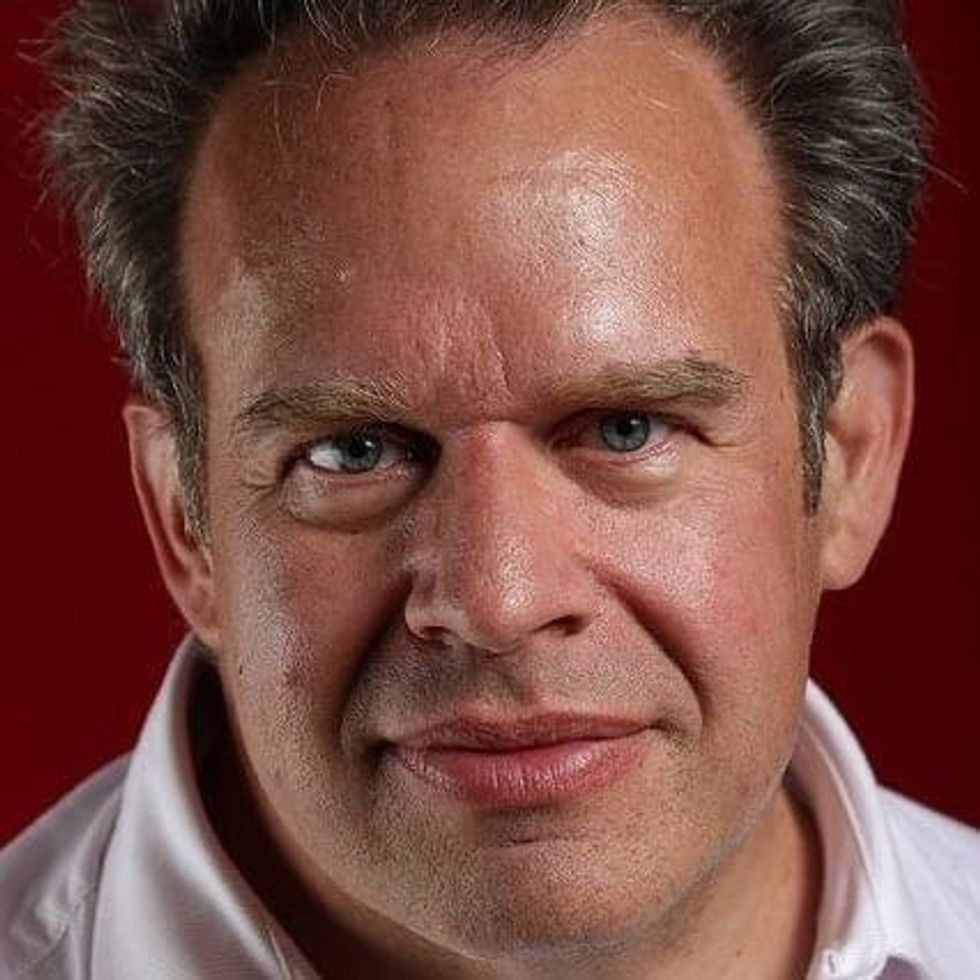
Christopher Bailey – Arts and Health Lead, World Health Organization
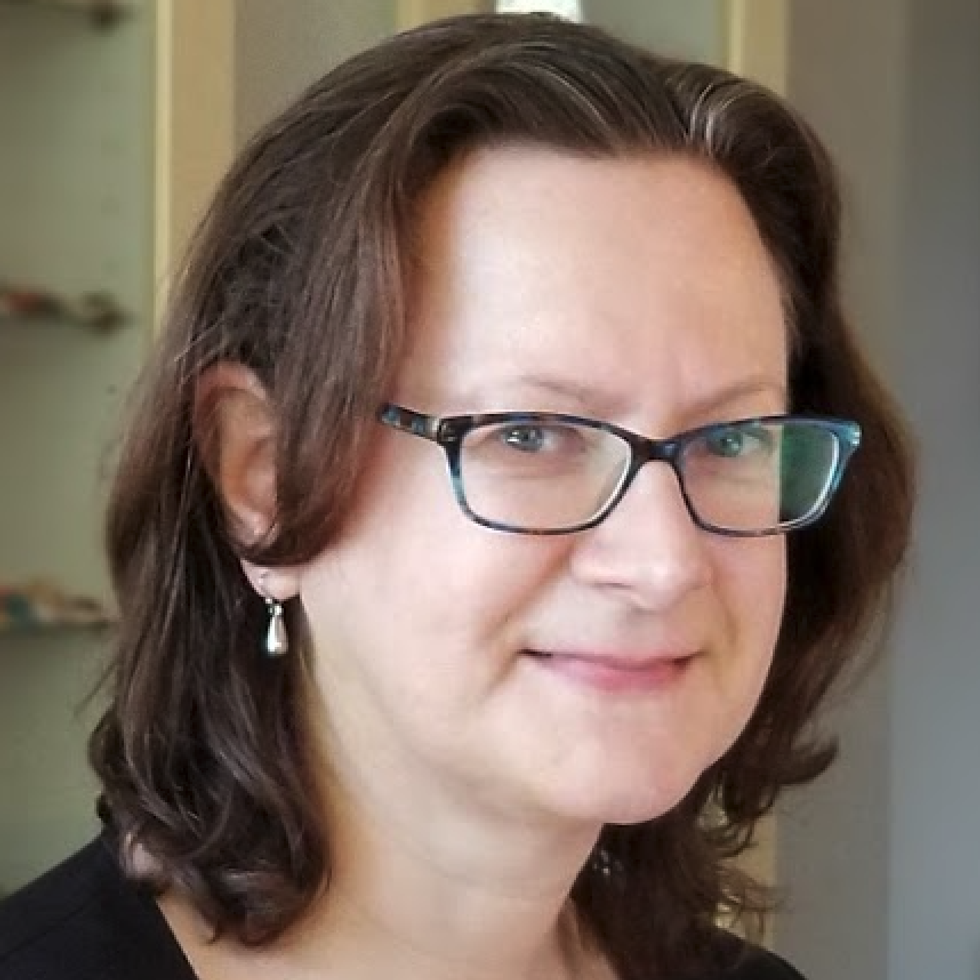
Elisabeth Bik, Ph.D. – Microbiologist and scientific integrity consultant
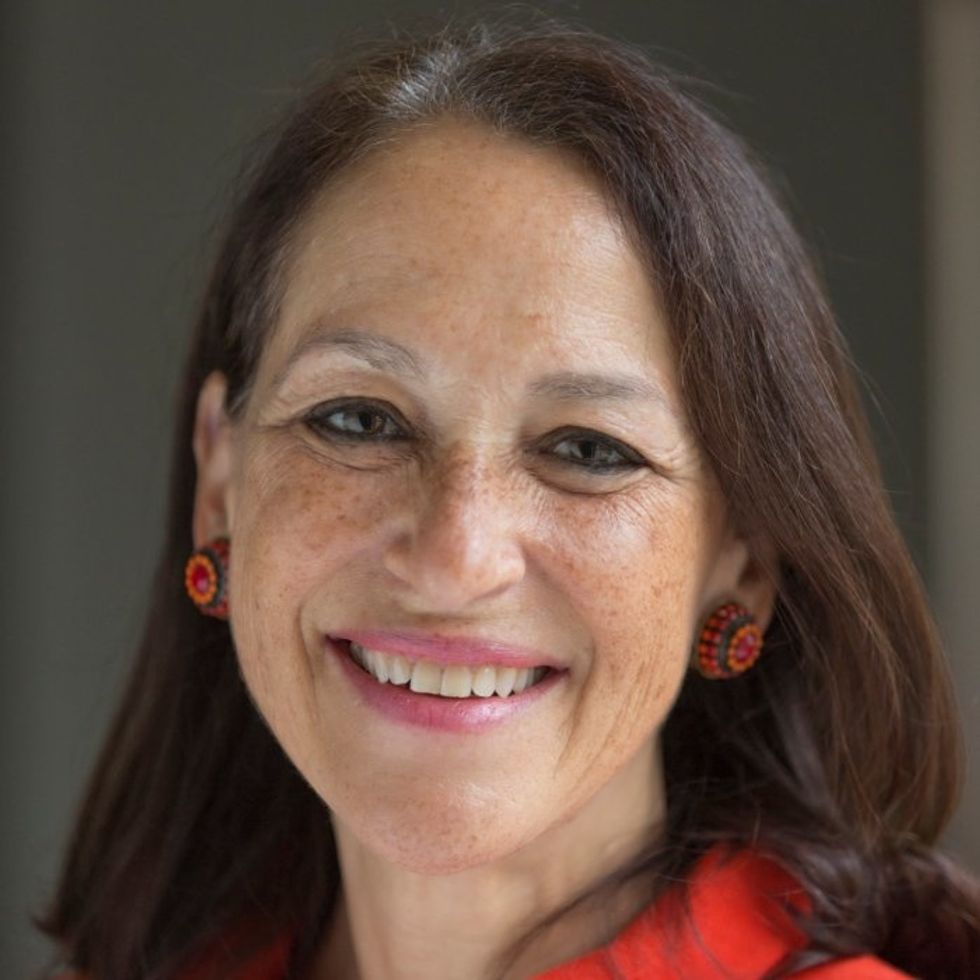
Margaret Hamburg, M.D. – Foreign Secretary, National Academy of Medicine; former Commissioner, U.S. Food and Drug Administration
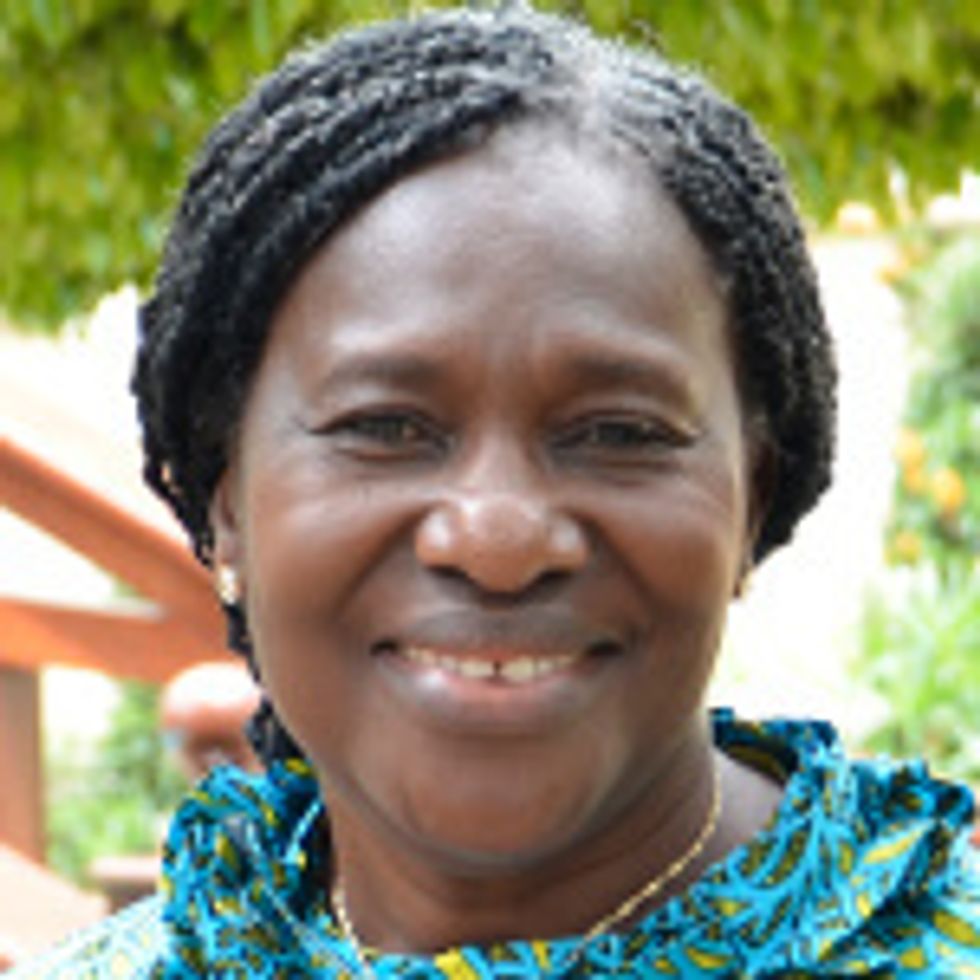
Peggy Oti-Boateng, Ph.D. – Director, Division of Science Policy and Capacity- Building, UNESCO
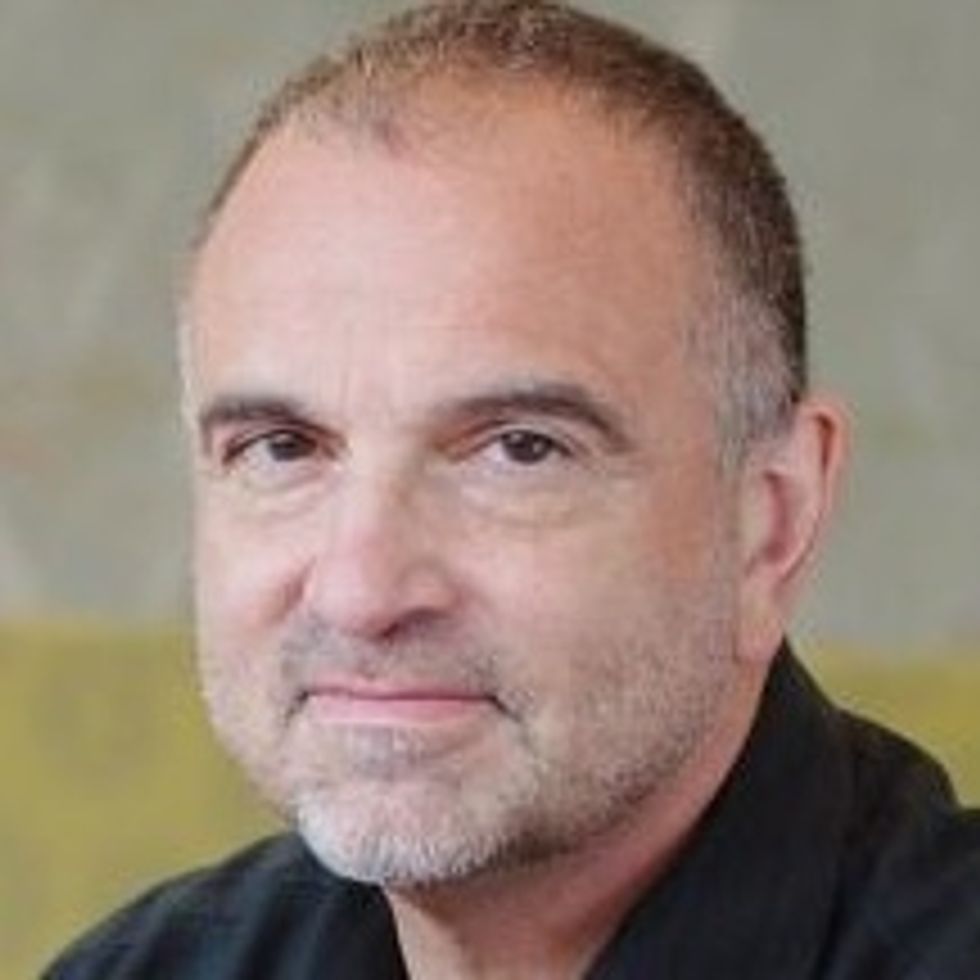
George Yancopoulos, M.D., Ph.D. – President and Chief Scientific Officer, Regeneron Pharmaceuticals
Kira Peikoff was the editor-in-chief of Leaps.org from 2017 to 2021. As a journalist, her work has appeared in The New York Times, Newsweek, Nautilus, Popular Mechanics, The New York Academy of Sciences, and other outlets. She is also the author of four suspense novels that explore controversial issues arising from scientific innovation: Living Proof, No Time to Die, Die Again Tomorrow, and Mother Knows Best. Peikoff holds a B.A. in Journalism from New York University and an M.S. in Bioethics from Columbia University. She lives in New Jersey with her husband and two young sons. Follow her on Twitter @KiraPeikoff.


